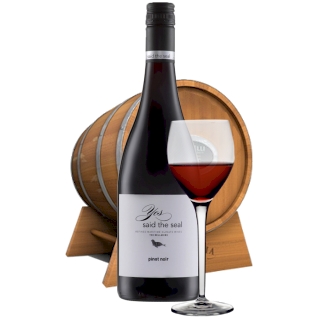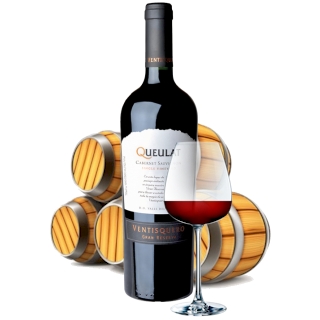


Their son, managing director and chief winemaker, Bill Moularadellis, joined the family business in 1985 as a young Oenology graduate from Roseworthy College with a vision to produce premium wines from the Riverland. His first crush in 1986 produced 60 tonnes (principally reds) and in that year the first commercial vintage of 4,500 cases of wine was produced.

Vineyard Development In April 1998 the company commenced a development of its own vineyards. The centrepiece of this large development was the extensive planting of two emerging grape varieties - Merlot and Petit Verdot. Both varieties have been identified as perfectly suited to the warm climate Riverland region, producing wines of rare richness and structure, and are now enjoying considerable wine show success. Most recently, the Kingston 2002 Echelon Petit Verdot won top gold at the 2003 Royal Melbourne Show and was in the taste-off for the Jimmy Watson Memorial trophy.
With the growth of the company came the expansion of production, storage and wood maturation facilities. The winery facility has the capability of producing in excess of one million cases of premium varietal wines each vintage. 60% of production is shipped overseas to the traditional markets of UK, United States, New Zealand and Sweden, along with the emerging markets of Germany, Canada, China and Singapore.
This expanded source provided the opportunity to meet growing consumer demand while further increasing wine quality, varietal blend options and style development. This expanded fruit resource has contributed to improved wine quality and structure; most noticeably in the commercially available Kingston Estate range of wines - being more reflective of South Australia's best regional qualities.

























